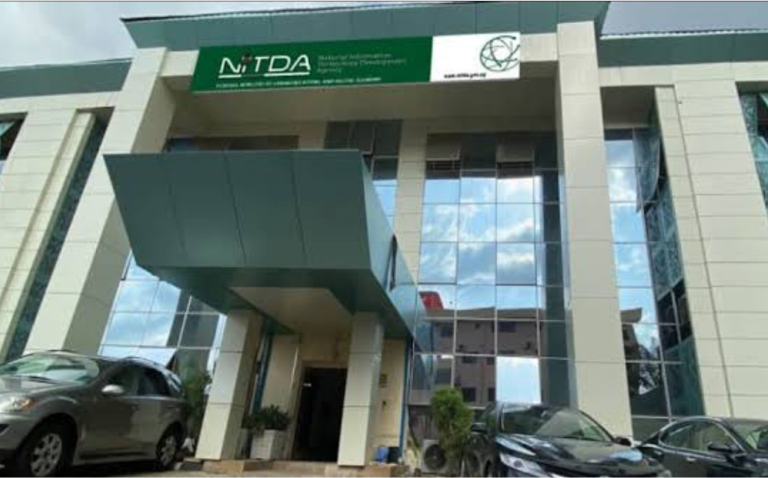The National Information Technology Development Agency (NITDA) has advocated for the incorporation of Artificial Intelligence (AI) into Nigeria’s security framework to improve outcomes.
The Director-General of the agency, Kashifu Inuwa, issued this call during a meeting with the Commandant of the National Institute for Security Studies (NISS), Alhaji A. S. Adeleke, who was represented by the Deputy Commandant, D. E. Egbeji.
A statement from the agency conveyed that Inuwa emphasized the distinct methods employed by the security and information technology (IT) sectors.
He pointed out that through collaboration, it is possible to exploit the vast potentials IT provides. This includes leveraging Artificial Intelligence (AI), the Internet of Things (IoT), and other emerging technologies to enhance the security sector.
IT/Security Collaboration
Inuwa expressed a willingness for strategic partnerships, noting that such collaborations between the IT and security sectors are in line with the NITDA Strategic Roadmap and Action Plan (SRAP 2.0), especially the pillar focusing on establishing strategic partnerships and collaborations.
- “The approach adopted in the Security sector differs from that in the Information Technology (IT) sector. However, by working together, we can improve our outcomes by tapping into the myriad opportunities that IT presents, such as leveraging AI, IoT, and other emerging technologies to bolster the security sector,” he stated.
- “We are open to strategic collaborations as they align with one of the pillars of the NITDA Strategic Roadmap and Action Plan (SRAP 2.0), which is to forge strategic partnerships and collaborations. These synergistic relationships will enhance Nigeria’s digital initiatives and global presence,” Inuwa further added.
The potential of AI
Delving deeper into the capabilities of AI, Inuwa highlighted that the technology is a global driving force, clarifying common misconceptions and underscoring its role in simplifying tasks, delivering prompt responses, and providing solutions.
- He classified AI into three types based on capabilities: Narrow Intelligence, which allows machines to excel in specific tasks over humans; General AI, capable of learning and applying knowledge across various domains; and Deep Learning AI, which employs neural networks similar to the human brain.
- Expanding on AI functionalities, Inuwa outlined four categories: Reactive Machines, which operate based on current data without past memory; Limited Memory, capable of storing and utilizing historical data for predictive analysis; Theory of Mind, which entails systems understanding human emotions and behaviours; and Self-Awareness.
- Inuwa also mentioned that NITDA is fostering AI growth in Nigeria through initiatives like the National Centre for Artificial Intelligence and Robotics (NCAIR) and the development of the National Artificial Intelligence Policy.
Learning from NITDA’s Experience
Responding to the discussions, Commandant NISS Alhaji A.S Adeleke expressed the institute’s eagerness to learn from NITDA’s experiences, aiming to gather valuable insights for an executive brief for President Bola Ahmed Tinubu GCFR. This brief aims to assist in policy formulation and implementation.
- “We are here to benefit from your experience and to gather all that we can from the beginning of the course. By the end, we aim to deliver an executive brief to President Bola Ahmed Tinubu GCFR that will facilitate policy formulation and implementation,” he said.

